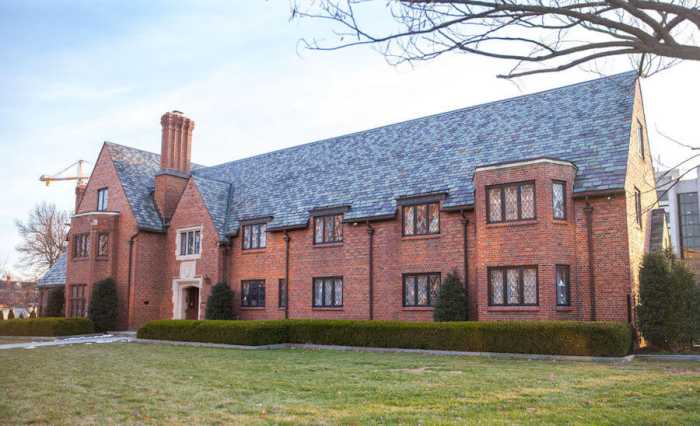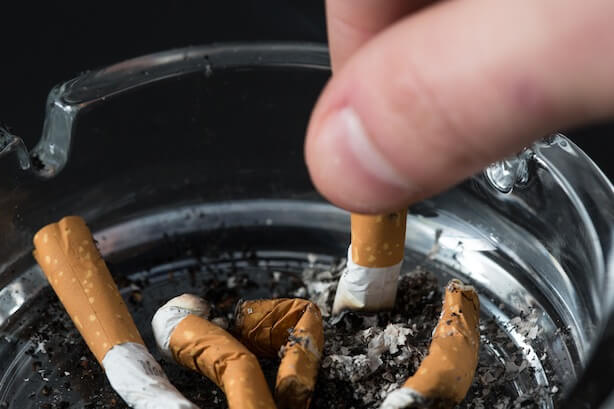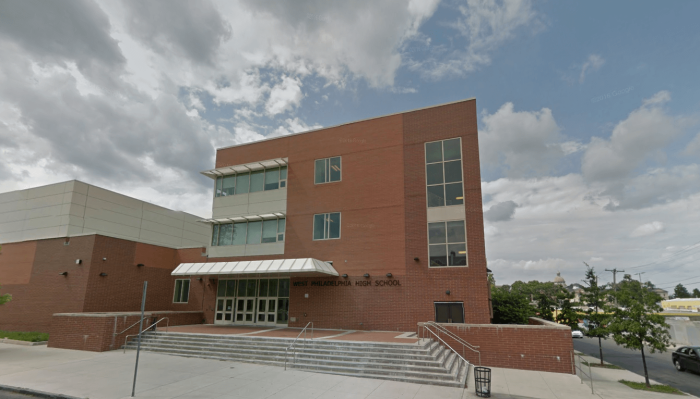COVID-19 cases are “somewhat higher” after recent decreases, officials said Thursday, as students near the start of the school year.
For many, including public schools students in Philadelphia, classes will be virtual. Last week, city leaders revealed a multimillion-dollar plan to provide free internet to 35,000 students who currently don’t have access.
Mayor Jim Kenney said officials are finalizing plans for how families can sign up. Parents and caregivers should make sure their schools have their correct contact information and let them know if they need internet.
School District of Philadelphia families can visit philasd.org/face to make sure their information is accurate.
A plan to have drop-off sites, where parents who have to work can take their children to complete their online classes, is still being developed, District Superintendent William Hite said Thursday. He said it’s likely more details will be released next week.
There’s been discussions about using recreation centers, libraries and parts of schools as drop-off locations.
Hite said Kenney’s administration is coordinating the effort, but he “seriously doubts” there will be enough slots available for everyone who wants to use the sites.
“We have no indication of how large the need will be, but I suspect it could be significant,” he said during a call with reporters.
Kenney, during his regular COVID-19 press briefing, said he had no details about the plan, but that it would probably be limited to 25 children in one area.
Philadelphia recorded 185 new coronavirus cases Thursday, well above recent weekly averages. Health Commissioner Thomas Farley said it’s too early to tell if the increase will be lasting.
“We are seeing somewhat higher case counts so far this week,” he said. “Our case counts fluctuate day to day, and so we need to see a few more days to determine if that’s a trend.”
The health chief said recently-hired contact tracers are making progress but that there’s still room for improvement.
Their job is to talk to people who have tested positive for COVID-19 and get in touch with their contacts to tell them to quarantine for 14 days. Officials view the method as important to managing the pandemic.
For the week that ended Saturday, the team reached 65% of city residents who tested positive. An additional 65 cases were handled by other organizations conducting contact tracing.
Farley said tracers were unable to reach about 30%, either because they couldn’t find a phone number or the people didn’t respond. An additional 4 percent refused to participate.
Of the people who were interviewed, 41 percent told the department they thought they knew who they caught the virus from, he said. Nearly 20 percent said they had recently traveled out of state.
Officials said they were able 77 percent of contacts were reached and agreed to quarantine.
About a third of those who spoke to the tracers said they did not come in contact with anybody, or they declined to give names, which is a problem, Farley said.
“I don’t think that they’re being totally truthful,” he said. “I think they’re basically not cooperating. People are reluctant to give us the names of folks that they’ve been around. There’s a lot of fear and mistrust out there.”
Tracers will only call individuals from a number that begins with 215-686-XXXX, 215-218-XXXX, 833-XXX-XXXX and 855-XXX-XXX, according to the health department’s website. Emails will come from a phila.gov or dimagi.com address.
The employees will not ask about a person’s immigration status or request a Social Security, credit card or bank account number.




























